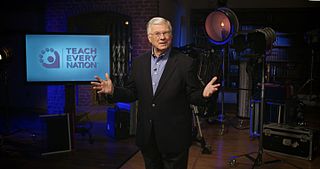A Quote by Michael Josephson
It isn't the absence of conscience or values that prevents us from being all we should be, it is simply the lack of moral courage.
Related Quotes
But what of the voice and judgment of conscience? The difficulty is that we have a conscience behind our conscience, an intellectual one behind the moral. ... We can see quite well that our opinions of what is noble and good, our moral valuations, are powerful levers where action is concerned; but we must begin by refining these opinions and independently creating for ourselves new tables of values.
Courage is resistance to fear, mastery of fear - not absence of fear. So many look to eradicate fear from their lives, when that is an impossible task. You can certainly experience moments in absence of fear, however accept that fear will be with you whenever you are in the process of living creatively. The challenge is to go ahead regardless, simply notice the feeling and manage being courageous.
Without courage, you cannot practice any other virtue. You have to have courage - courage of different kinds: first, intellectual courage, to sort out different values and make up your mind about which is the one which is right for you to follow. You have to have moral courage to stick up to that - no matter what comes in your way, no matter what the obstacle and the opposition is.
Conscience is a creator of meaning. As a sense of constraint rooted in our emotional ties to one another, it prevents life from devolving into nothing but a long and essentially boring game of attempted dominance over our fellow human beings, and for every limitation conscience imposes on us, it gives us a moment of connectedness with an other, a bridge to someone or something outside of our often meaningless schemes.
The central trait of sociopathy is a complete lack of conscience, which is very difficult for most people to get their heads around, because those of us who do have a conscience can't really imagine what it would be like if we didn't. Most people think that deep down everybody has a conscience, and it turns out that's just not true.






























